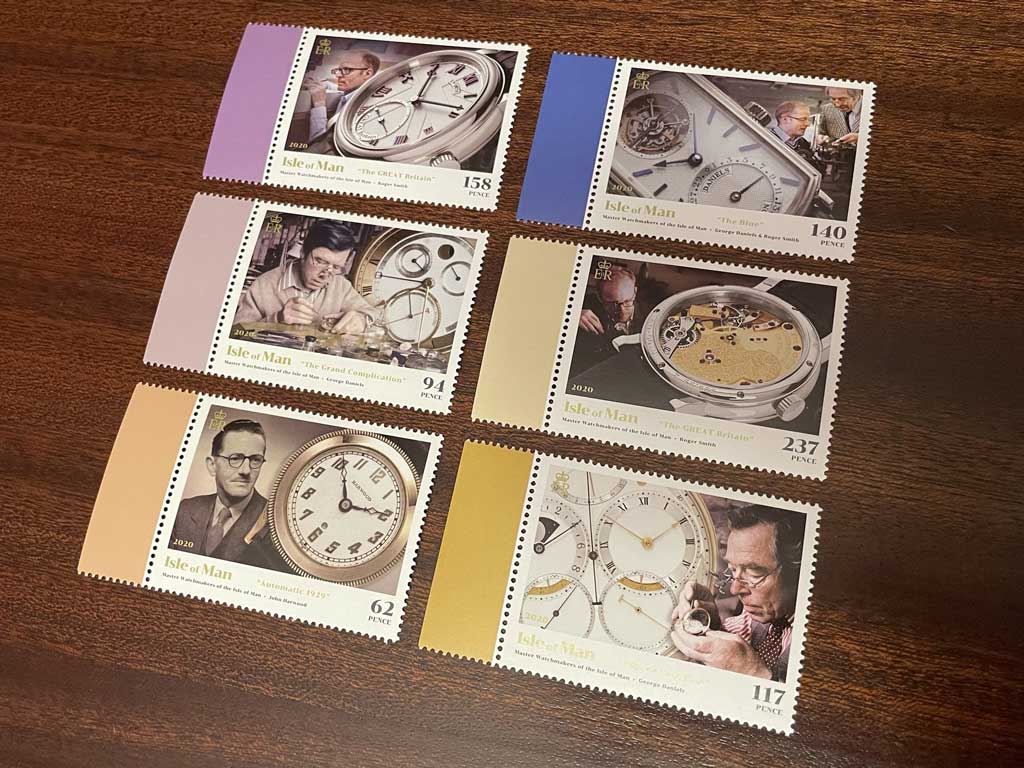The Ongoing Shortage of Watchmakers
Roberta Naas reporting for the New York Times:
by 2026, an estimated 4,000 new watchmakers will be needed in Switzerland alone just to cover the increased demand for workers and the loss of retirees
That's roughly 10x the number of watchmaking graduates that Switzerland produces each year and the global estimates are more dire still.
While Jean-Claude Biver's comment that brands need to invest more deeply in training to remain on top holds merit, the story behind the story is one that he was all too complicit in perpetrating during his tenure at LVMH: Parts restrictions.
I have lost count of the number of watchmakers who've thrown in the towel, retired early, switched trades, or opted not to pursue the craft as a career after graduating because of parts restrictions. The rationale is often couched in terms of protecting the integrity of the brand, but at the end of the day it's about money. As with any mechanical device, timepieces require service at regular intervals. Once mechanical timepieces made the leap from being 20th century necessities to 21st century novelties, Swiss brands learned they could make big bank off of the captive market that had invested in their timepieces, without too much pushback, if they stopped selling spare parts to independent watchmakers. Why sell a die-cut setting lever for $8 or a mass-produced second wheel for $15 to let an independent watchmaker keep a family's heirloom ticking when you can control supply and leverage that sentimentality to make 100x more charging for a full service in-house?
